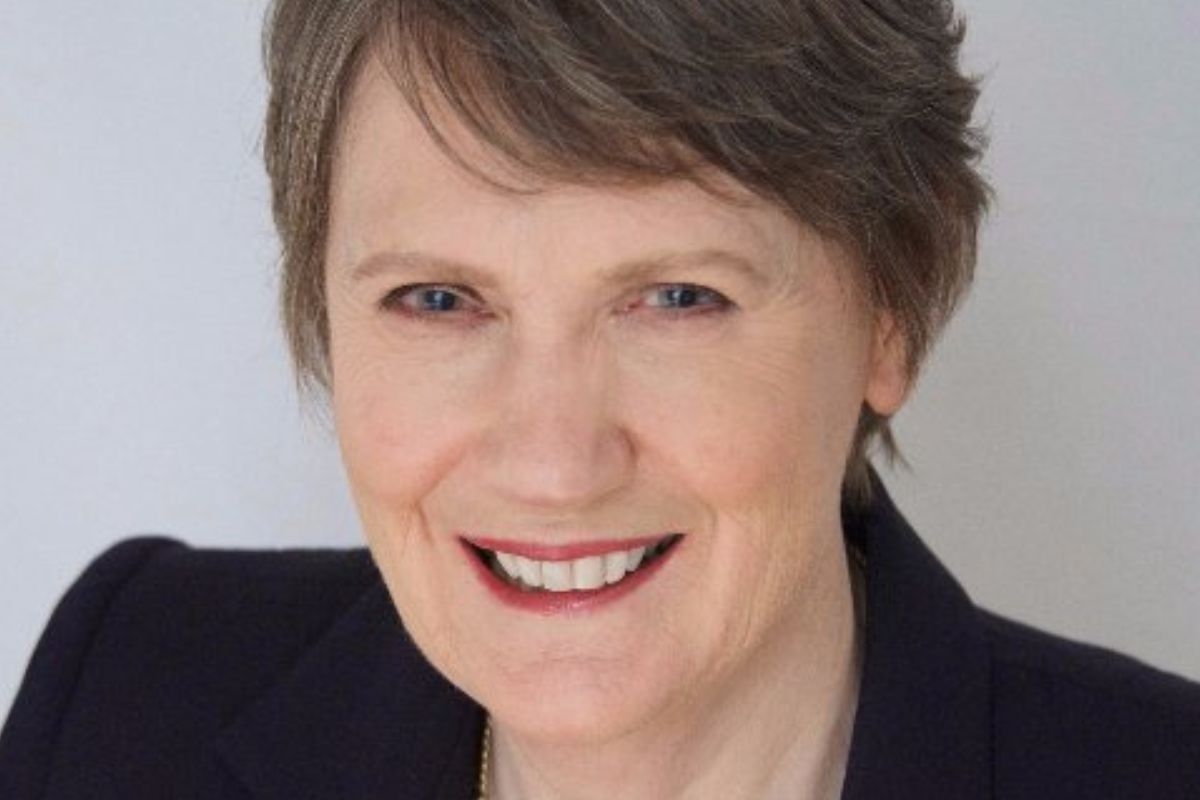Decades of global efforts to improve the health of women, children and adolescents and reduce gender inequity are being rolled back by a triple threat from conflict, climate change and COVID-19.
Global leaders at the annual PMNCH Accountability Breakfast highlighted the need for urgent, targeted investment in programmes and policies to tackle the devastating social and economic impact of these crises on the health and well-being of vulnerable women, children and adolescents.
Advertisement
Data from the WHO and UNICEF shows that in 2021 alone, 25 million children did not receive the basic vaccine against diphtheria, tetanus, and pertussis, a marker for immunization coverage in general. This represents the largest sustained drop-in rates of routine childhood vaccinations in a generation, potentially wiping out 30 years of progress.
Similarly 18 million of the 25 million children did not receive a single dose of DTP during the year, the vast majority of whom live in low- and middle-income countries, with India, Nigeria, Indonesia, Ethiopia and the Philippines recording the highest numbers.
In 2022, 274 million people will need humanitarian assistance and protection. This number is a significant increase from 235 million people a year ago, which was already the highest figure in decades.
The Accountability Breakfast was organized by PMNCH, the world’s largest alliance for women’s, children’s and adolescents’ health, and co-hosted by Every Woman Every Child Latin America and Caribbean (EWEC LAC), with a special focus on adolescent health and wellbeing issues.
The Accountability Breakfast aims to convert talk into action, by providing a platform for those involved in improving the health, well-being and equity of women, children and adolescents worldwide to speak-out on their, or their own, behalf to secure attention and change.
“It is clearer now than ever that collaboration is the key to improving accountability,” said Helen Clark, PMNCH Board Chair and former Prime Minister of New Zealand. “It is essential for citizens to be heard at the highest levels of government and leadership. Leaders need to understand what people want, and to play their part as champions in creating robust and responsive health systems and communities.”











